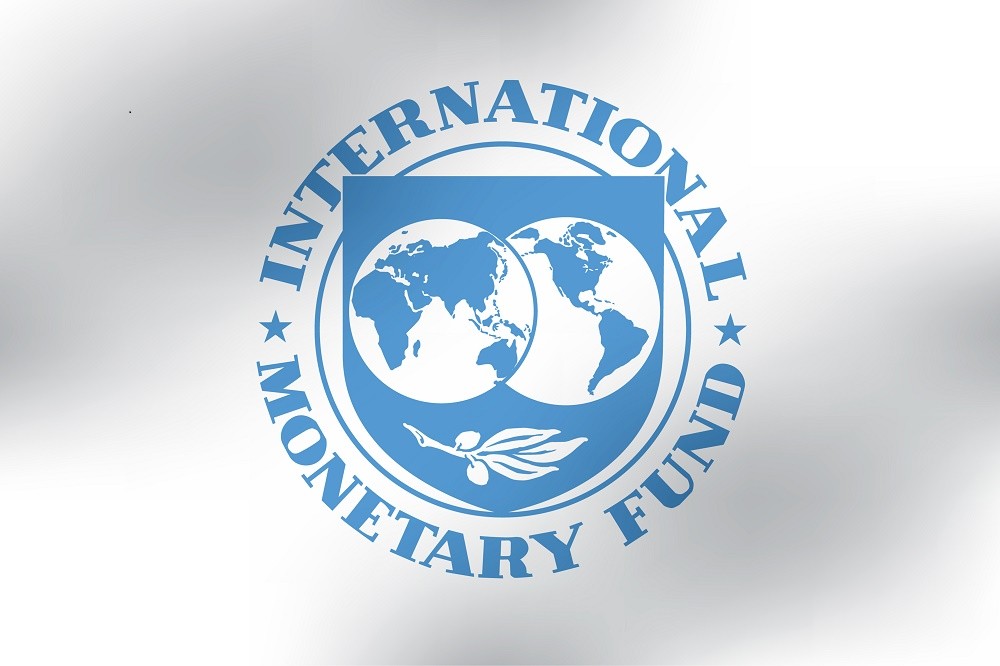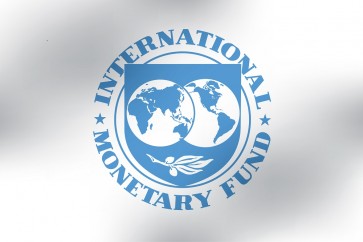Popular Reads
Top Results
Can't find what you're looking for?
View all search resultsPopular Reads
Top Results
Can't find what you're looking for?
View all search resultsThe IMF's management of Indonesia's crisis: A lesson
As imperfect as the IMF is, the world needs the economic equivalent of a fire brigade when markets plunge.
Change text size
Gift Premium Articles
to Anyone
W
ithout a doubt former president Soeharto’s strong resistance to reforms required by the International Monetary Fund’s (IMF) rescue program should be blamed for Indonesia’s economic crisis that caused what analysts considered one of the most substantial cases of wealth destruction in modern history, as the rupiah melted from Rp 2,500 to the dollar in mid-1997 to Rp 17,500 in early 1998.
But Paul Blustein, a staff writer of the Washington Post, concluded in a book on the IMF’s crisis management that cascading errors and misjudgment by the IMF, the World Bank, the United States Treasury, the US Federal Reserve and the Asian Development Bank played no small part in worsening Indonesia’s economic crisis.
“The Indonesian crisis is a tale of error piled atop error ... by the Fund and Indonesians, with each side’s bad moves compounding the other’s and dragging the country’s economy to depths nobody had previously imagined possible,” Blustein notes in his book The Chastening: Inside the crisis that rocked the global financial system and humbled the IMF.
The IMF did have its fair share of blunders and misjudgment. For example, it told Asian countries to tighten fiscal policy during the crisis. Therefore, the credibility of the IMF, as a monetary crisis fighter, took a beating in Indonesia, South Korea, Thailand, Russia, Brazil and Turkey from 1997 to 1999.
Its biggest mistake was the drastic order for the Indonesian government to close 16 insolvent banks, including several owned by members of the Soeharto family, in November 1997. In the absence of any kind of deposit insurance program, the bank closures panicked depositors and prompted massive deposit withdrawals from most other private banks.
Despite the blunder, however, the IMF will still be called upon the instant a crisis in one country spreads to another. As imperfect as the IMF is, the world needs the economic equivalent of a fire brigade when markets plunge. In facing the big risk of financial contagion, the mere existence of a strong, active IMF can limit the transmission of crises from one country to another.
The global financial and capital markets have become so huge, so unruly and so panic-prone that the IMF’s resources could be overwhelmed when a crisis strikes.


















